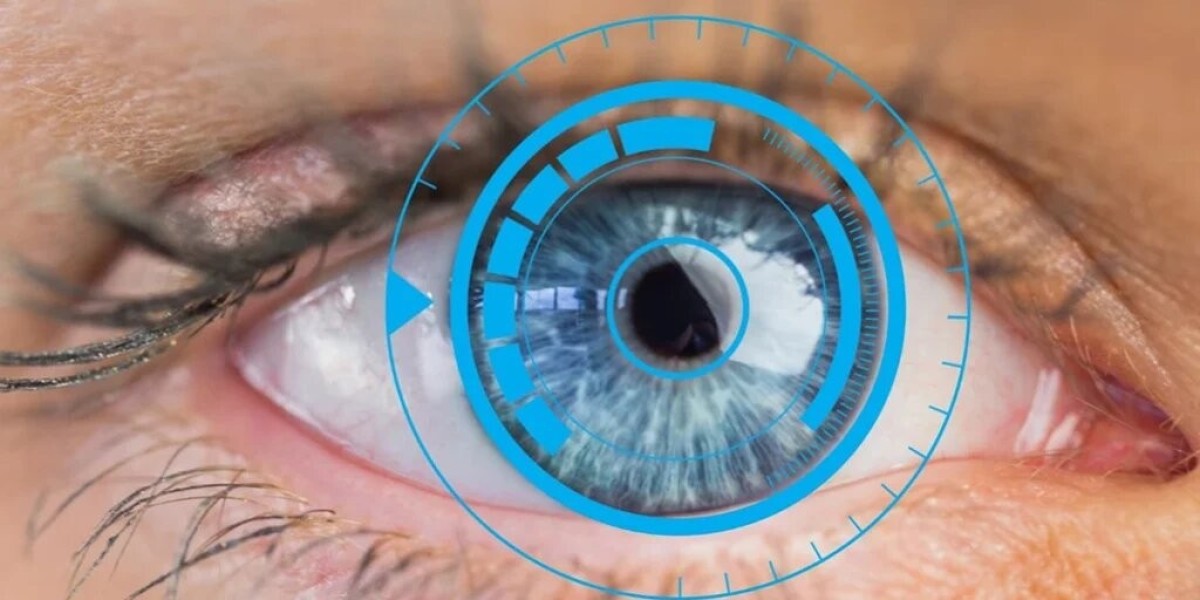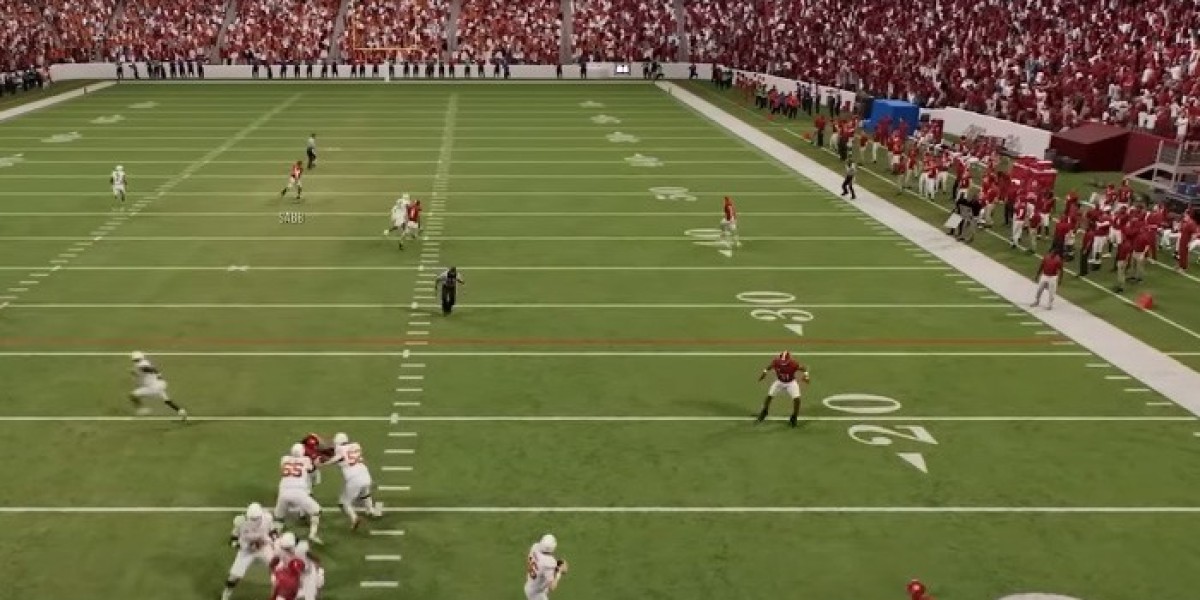For many people seeking visual freedom from glasses or contact lenses, Lasik treatment is a popular and effective solution. However, not everyone is a suitable candidate. A comprehensive eye evaluation is essential, and part of this includes an in-depth look at the retina — the light-sensitive tissue at the back of the eye.
The retina plays a critical role in how clearly we see. Any underlying retinal condition must be thoroughly assessed by a retina specialist before proceeding with Lasik. In some cases, certain retinal issues can delay or even disqualify someone from undergoing the procedure. Understanding these conditions is the first step in protecting your long-term vision health.
1. Retinal Tears or Holes
Retinal tears or holes can develop due to aging or eye trauma. While they might not cause symptoms initially, they pose a serious risk for retinal detachment.
If a tear is found during a pre-Lasik evaluation, surgery will likely be postponed. Treatment with a laser or cryotherapy may be needed first to prevent further complications.
A retina specialist will monitor the healing process closely. Only once the retina is stable can Lasik be reconsidered.
2. Lattice Degeneration
Lattice degeneration refers to thinning and weakening of the peripheral retina. This condition increases the risk of retinal tears, especially during eye surgeries like Lasik.
People with lattice degeneration might not notice any vision changes, making screening even more important.
Preventive treatment may be recommended before Lasik to seal weak areas and reduce the risk of detachment. A retina specialist plays a key role in managing this condition.
3. Diabetic Retinopathy
Diabetic retinopathy is a complication of diabetes that damages the blood vessels in the retina. It can lead to swelling, bleeding, and even vision loss.
Lasik is generally not recommended if diabetic retinopathy is active or progressive. Vision changes caused by diabetes can also make it harder to determine an accurate prescription.
Patients are often referred to a retina specialist to stabilize the condition with medications or laser therapy before considering any refractive surgery.
4. Macular Degeneration
Age-related macular degeneration (AMD) affects central vision, making it difficult to read, drive, or recognize faces. It commonly appears in people over the age of 50.
Lasik does not improve vision affected by AMD, as it only corrects the surface shape of the cornea, not deeper retinal changes.
A comprehensive eye exam by a retina specialist is essential for older adults interested in Lasik. Early detection of AMD can help avoid unnecessary procedures.
5. Retinal Detachment History
A personal or family history of retinal detachment significantly raises the risk of recurrence. High myopia can also increase this risk, as it stretches and thins the retina.
Lasik is not always safe for individuals with this background unless the retina has been treated and monitored carefully.
A retina specialist will perform detailed imaging and decide whether your retina is stable enough for Lasik or if another treatment would be safer.
6. Central Serous Retinopathy
This condition involves fluid accumulation under the retina, often leading to distorted or blurred central vision. It tends to resolve on its own but may recur.
Lasik is not advisable while symptoms are active, as fluctuating vision can lead to inaccurate surgical outcomes.
Monitoring by a retina specialist ensures that fluid is reabsorbed and vision is stable before surgery is even considered.
7. Epiretinal Membrane
An epiretinal membrane (ERM) is a thin layer of scar tissue that forms on the macula, causing blurred or distorted vision. It’s more common in people over 50.
Though mild ERMs may not interfere with daily life, they can impact visual clarity enough to affect Lasik results.
If ERM is diagnosed, a retina specialist may recommend observation or surgical peeling before moving forward with Lasik.
8. High Myopia and Retinal Risks
Patients with severe nearsightedness often have elongated eyeballs, which stretch the retina and increase the risk of retinal problems.
These individuals need careful evaluation of the retina before Lasik, especially since thinning or degeneration is more likely.
In many cases, a retina specialist will provide clearance after confirming that the retina can withstand the pressure and suction involved in Lasik.
Why Retina Screening Matters Before Lasik
Routine Lasik consultations often include corneal mapping and vision testing. However, not all facilities emphasize retinal screening, which is critical for patient safety.
Undiagnosed retinal conditions can lead to poor outcomes or worsen after surgery. That’s why eye hospitals with integrated retina and refractive care offer a safer, more comprehensive approach.
When a retina specialist is part of the care team, patients benefit from advanced diagnostics, early detection of hidden issues, and clear guidance on next steps.
What to Expect During a Retina Evaluation
Before Lasik, your eye care provider may refer you to a retina specialist for further testing. This may include dilated eye exams, OCT scans, or retinal imaging.
If a condition is found, you may need additional treatment or a temporary delay in surgery. In some cases, alternative vision correction methods may be discussed.
The goal is always to protect long-term vision health, even if it means postponing Lasik. With careful planning and the right team, many patients can still pursue vision correction safely.
Choosing the Right Eye Hospital
When dealing with both refractive and retinal concerns, choosing the right hospital makes all the difference. A well-rounded facility should offer both LASIK treatment and access to retinal specialists under one roof.
Look for eye hospitals that prioritize patient safety, use the latest technology, and provide personalized care from a multidisciplinary team.
Facilities with strong internal coordination between departments can ensure faster diagnosis, better outcomes, and peace of mind for patients.
Conclusion
Clear vision is a gift that depends on every part of the eye working together — and that includes the retina. For anyone considering Lasik, especially those with underlying eye conditions, a detailed retinal evaluation is not just a precaution — it’s a necessity.
Maxi Vision Eye Hospital, a super speciality eye care center, offers advanced retina screening and Lasik treatment under one roof. With experienced retina specialists and state-of-the-art technology, patients receive thoughtful, tailored care every step of the way.








